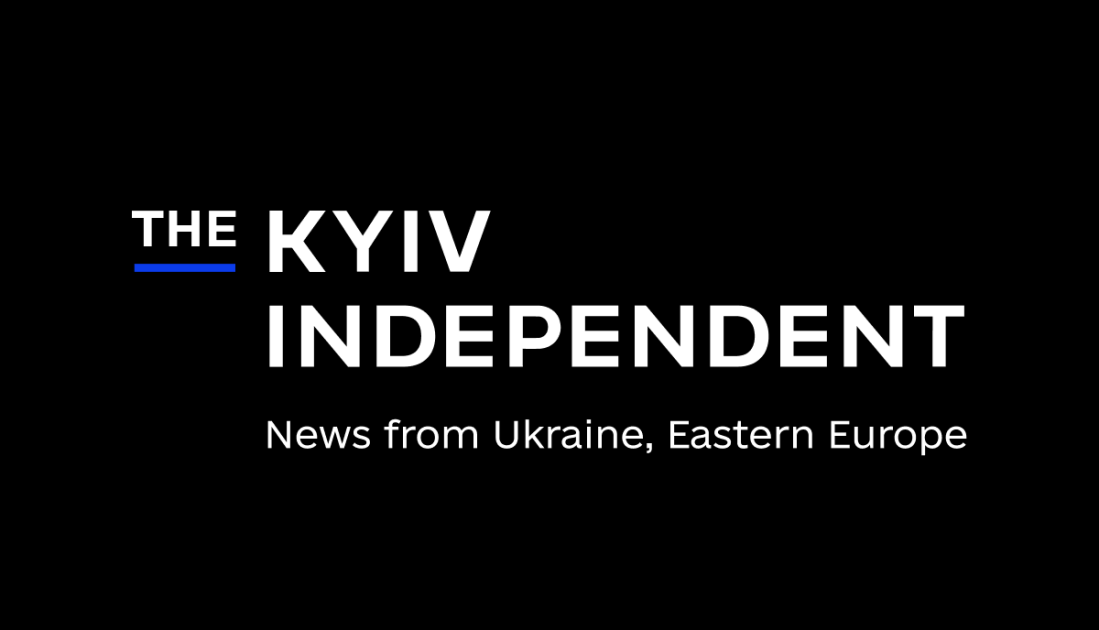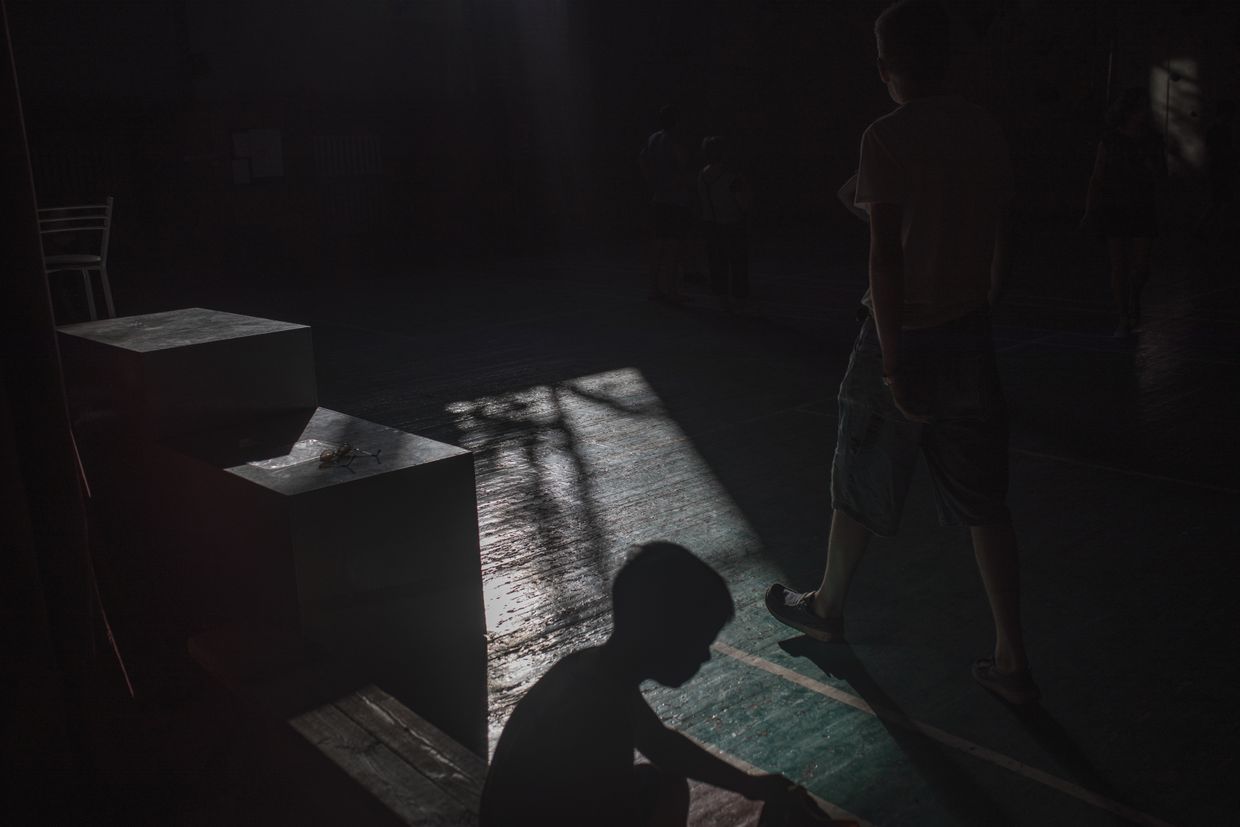Ex-Supreme Court chief charged with bribery released on bail, can return to work

Vsevolod Kniaziev, former chairman of the Supreme Court and a suspect in a bribery case, was released from detention after paying Hr 18 million bail ($450,000) on Jan. 31.
Kniaziev has been dismissed from his position as the court's chairman but can return to work as an ordinary judge at the Supreme Court because he has not been formally suspended.
Kniaziev's comeback formally complies with the Criminal Procedure Code. However, it follows many other cases involving Ukrainian top officials that crumbled months after their arrests were deemed as a success.
Some aspects of the Kniaziev case have been criticized by experts, prompting speculation that there may be attempts to let him off the hook.
His bail has been cut, and some of Kniaziev's alleged accomplices have not been officially charged.
The High Council of Justice said that it cannot suspend Kniaziev until prosecutors file a motion to suspend him.
Olha Postolyuk, a spokesperson for the Special Anti-Corruption Prosecutor's Office (SAPO), told the Kyiv Independent that prosecutors will soon send a motion on Kniaziev's suspension to the High Council of Justice.
Kniaziev was charged with accepting a $2.7 million bribe in May 2023. He was dismissed from his position through a vote of no confidence.
In August 2023, the National Anti-Corruption Bureau of Ukraine (NABU) charged Ukrainian oligarch Kostyantyn Zhevago with bribing Kniaziev in exchange for a decision in his favor.
Controversial bail
It was not clear who exactly paid the bail. Postolyuk said that the SAPO does not have that information.
"It's unlikely that the money was paid independently by Kniaziev's family members because all of his assets have been frozen," the Anti-Corruption Action Center said on Telegram. "Moreover, in December the defense said that Kniaziev's family could only pay Hr 10 million ($270,000) at most."
Vitaly Tytych, ex-head of judicial watchdog Public Integrity Council, told the Kyiv Independent that the person who paid the bail may have the opportunity to influence Kniaziev. This may hamper the criminal investigation if that person is also implicated in the case, he added.
The High Anti-Corruption Court has reduced Kniaziev's bail many times. The court did not respond to a request for comment.
His bail was cut from Hr 107 million ($2.9 million) to Hr 75 million ($2 million) in May, to Hr 55 million ($1.5 million) in August, Hr 45 million ($1.2 million) in September, Hr 35 million ($930,000) in October, Hr 27 million ($720,000) and Hr 20 million ($530,000) in December and eventually Hr 18 million ($480,000) on Jan. 30.
The court attributed the decisions to Kniaziev's allegedly poor health and his inability to pay specific amounts.
Tytych and Vadym Valko, a lawyer at the Anti-Corruption Action Center, told the Kyiv Independent that bail reductions were a normal legal practice.
However, Tytych cast doubt on whether health reasons and inability to pay could be legitimate grounds for cutting bail.
Valko said that it was unclear to him in some cases why bail was cut to a specific amount in the Kniaziev case.
Other controversial events
The High Council of Justice, the judiciary's main governing body, was also scheduled to consider suspending a disciplinary case against Kniaziev on Feb. 1 in connection with the bribery investigation.
Council member Serhiy Burlakov, who filed the motion, argued that the disciplinary case cannot be considered before a verdict is issued in the Kniaziev case.
Valko said that the motion to suspend the case makes no sense. He criticized Burlakov's logic, saying that the burden of proof in disciplinary cases is different from criminal ones.
Meanwhile, the High Council of Justice decided not to suspend the disciplinary case due to the publicity of the Kniaziev investigation. The council did not respond to a request for comment.
In January, Kniaziev also divorced his wife, and a court is considering a lawsuit to divide the family's property. This prompted speculation that the divorce may be fictitious and may be aimed at preventing property freezes.
The Anti-Corruption Action Center said on Telegram that the timing of the divorce was suspicious.
"Divorces, bail cuts, the lawsuit to divide family property, his release from detention and the attempt to suspend the disciplinary case – too many simultaneous events and coincidences in Kniaziev's life," the watchdog concluded.
Kniaziev's wife has denied such accusations, saying that she and Kniaziev ended their relations in May 2023 due to different characters and views.
Alleged accomplices
The SAPO and NABU said in May that several other Supreme Court judges had also taken bribes in the Kniaziev case.
However, eventually the judges have not been charged, prompting speculation that law enforcement agencies are covering up for them.
In October, a court also approved a plea bargain that the NABU and SAPO had concluded with Oleh Horetsky, an intermediary in the Knyazev bribery case. He got a 5-year suspended sentence in exchange for testifying and donating Hr 29 million ($770,000) to the Armed Forces.
Serhiy Gorbatuk, a former top investigator, and a law enforcement source familiar with the investigation characterized the plea deal as unjust and as a way of avoiding punishment.
Gorbatuk said that such deals should stipulate shorter prison terms in exchange for substantial testimony. But if the suspects get no jail time at all, such deals effectively encourage further crimes, he added.
The SAPO and the NABU did not respond to requests for comment by the time of publication.
The current deadline for lawyers to finish looking into the Kniaziev case materials is March 1, after which the case is expected to be sent to trial, according to the Anti-Corruption Action Center.













